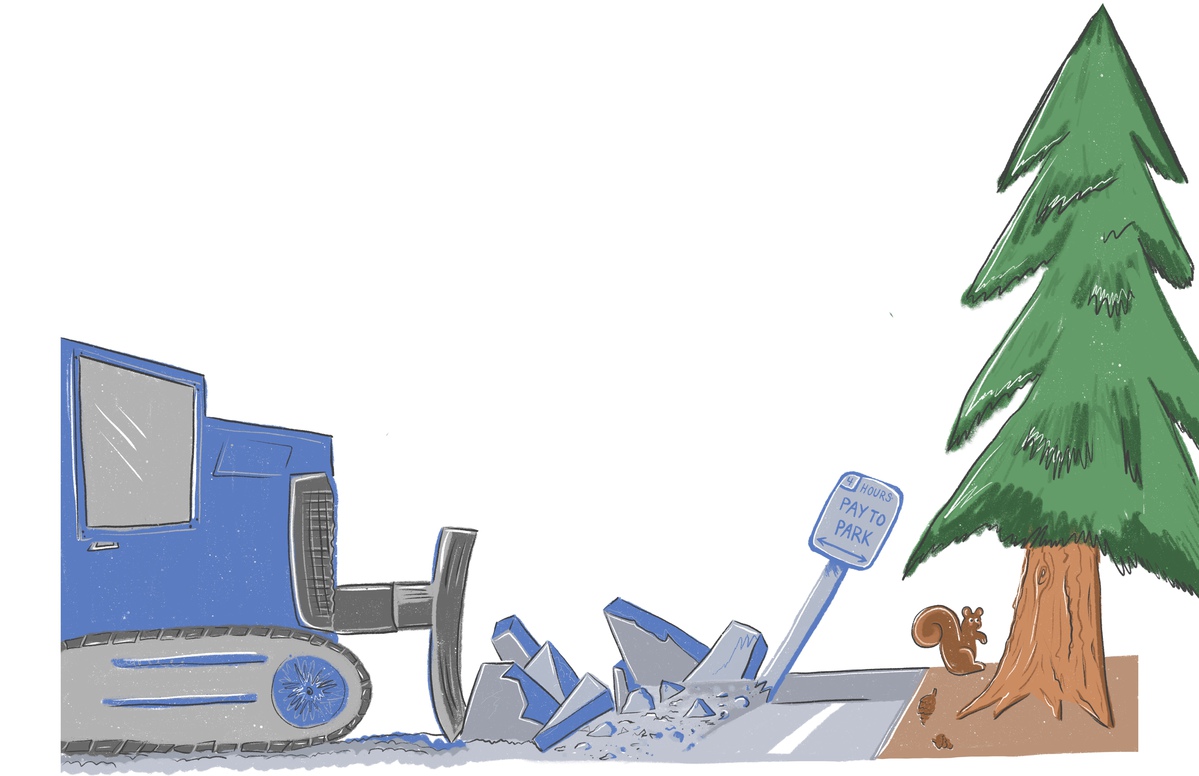America’s ‘flaws’ no longer protester fuel
Here’s something to be thankful for: The peace protests are ebbing. Thanks to a magnificent military campaign, the demonstrators will get their wish. Now it’s time to give peace a chance.
Of course, it’s not the sort of peace the protesters sought. Those who said they wanted regime change refused to support the military action needed to make it happen.
I hope they took a long look at all those images of joyous Iraqis.
Baghdad’s fall has prompted second thoughts among the French and sent shock waves through the Middle East. The only question is whether it will prompt any reassessment by the peace movement, the arguments of which are usually based on the fantasy that displaying good intentions is what matters most: Gosh, we just need to really, really understand, then everyone will be nice and we won’t have war, which would be good because war is harmful to children and other living things.
Certainly, legitimate arguments were made against this war by thoughtful opponents – people concerned about the implications of pre-emptive attacks and the likely costs of proceeding in the teeth of so much international opposition. Whether one opposed or supported the war, it was not an easy choice.
But hard-core peace activists operate on another level. Down through the decades, these are the folks who try to put the shoe on the other foot, no matter what. If the United States is attacked or faces a threat, then it’s time to root through our vast inventory of national shortcomings and discover precisely what American flaw provoked our adversary’s rage.
I’ve been waiting 30 years for the “peace” movement to be whacked by events as decisively as this. I started out in this business covering peace demonstrations for my campus daily. I watched people occupy freeway interchanges for peace, bomb ROTC offices for peace, destroy property for peace, all the while congratulating themselves on their courageous “struggle.”
After the last three weeks, Americans have earned a few moments of quiet gloating, even as we size up the next set of problems. Already, some of the strategic benefits of this war are apparent.
* Iraq has been destroyed as a haven for terrorists.
* The tone from North Korea and Iran has suddenly become more conciliatory.
* The downfall of Saddam’s regime means no more patrols are needed in Iraq’s no-fly zones, which should allow us to withdraw military forces from Saudi Arabia and end a major source of irritation in the region.
Baghdad’s fall was an event of historic importance, the kind of thing we’re likely to see only once or twice more in our lifetimes.
I can’t help wondering if many of those who opposed this war watched those scenes and heard a quiet voice of alarm. Uh-oh. Something’s gone wrong. These people are welcoming American troops.
The Iraqis didn’t follow the script – you know, virtuous Third World masses vs. evil repressive imperialists. And what happened to that quagmire that seemed to be developing in the war’s initial days?
In the war’s first week, the eyes of many war opponents perhaps brightened with anticipation. Soon, the “movement” would be at the top of the news once again. Aging radicals would be out in the streets in ever-greater numbers, waving their signs and shouting their slogans, feeling the old surge of righteous indignation.
They told us it was only about oil. They told us it was merely another imperialistic adventure.
They forgot to tell the Iraqis.
E. Thomas McClanahan is Sunday Opinion editor for The Kansas City Star.




